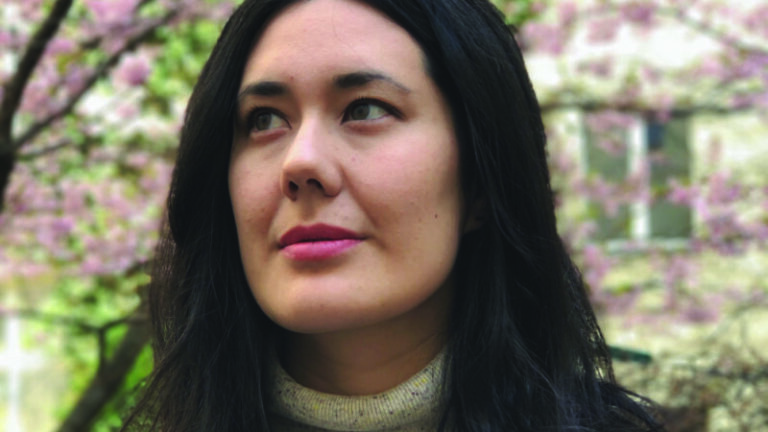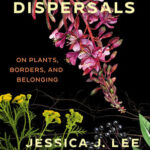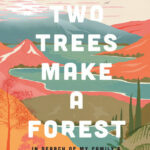Jessica J. Lee

Jessica J. Lee is a British–Canadian–Taiwanese author and environmental historian, and winner of the 2019 RBC Taylor Prize Emerging Author Award. She received a doctorate in environmental history and aesthetics in 2016, and her first book, Turning: A Year in the Water, was published in 2017. Jessica is the founding editor of The Willowherb Review. She lives in Berlin.
Subscribe to our newsletter for news & events from Catapult.
Books
Dispersals
On Plants, Borders, and Belonging
A prize-winning memoirist and nature writer turns to the lives of plants entangled in our human world to explore belonging, displacement, identity, and the truths of our shared futureA seed slips beyond a garden wall. A tree is planted on a precarious border. A shrub is stolen from its culture and its land. What happens when these plants leave their original homes and put down roots elsewhere?
In fourteen essays, Dispersals explores the entanglements of the plant and human worlds: from species considered invasive, like giant hogweed; to those vilified but intimate, like soy; and those like kelp, on which our futures depend. Each of the plants considered in this collection are somehow perceived as being ‘out of place’—weeds, samples collected through imperial science, crops introduced and transformed by our hand. Combining memoir, history, and scientific research in poetic prose, Jessica J. Lee meditates on the question of how both plants and people come to belong, why both cross borders, and how our futures are more entwined than we might imagine.
Two Trees Make a Forest
In Search of My Family's Past Among Taiwan's Mountains and Coasts
This "stunning journey through a country that is home to exhilarating natural wonders, and a scarring colonial past . . . makes breathtakingly clear the connection between nature and humanity, and offers a singular portrait of the complexities inherent to our ideas of identity, family, and love" (Refinery29).A chance discovery of letters written by her immigrant grandfather leads Jessica J. Lee to her ancestral homeland, Taiwan. There, she seeks his story while growing closer to the land he knew.
Lee hikes mountains home to Formosan flamecrests, birds found nowhere else on earth, and swims in a lake of drowned cedars. She bikes flatlands where spoonbills alight by fish farms, and learns about a tree whose fruit can float in the ocean for years, awaiting landfall. Throughout, Lee unearths surprising parallels between the natural and human stories that have shaped her family and their beloved island. Joyously attentive to the natural world, Lee also turns a critical gaze upon colonialist explorers who mapped the land and named plants, relying on and often effacing the labor and knowledge of local communities.
Two Trees Make a Forest is a genre–shattering book encompassing history, travel, nature, and memoir, an extraordinary narrative showing how geographical forces are interlaced with our family stories.
Catapult | Counterpoint | Soft Skull | Hawthorne Books
20 Jay Street #704
Brooklyn, NY 11201
646.926.0805 | contact@catapult.co
20 Jay Street #704
Brooklyn, NY 11201
646.926.0805 | contact@catapult.co







